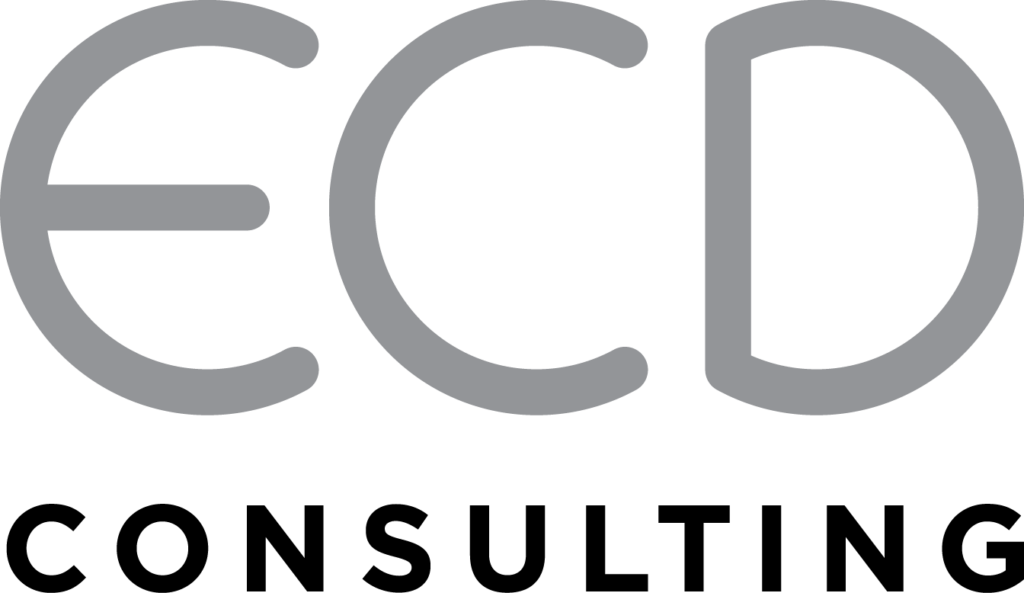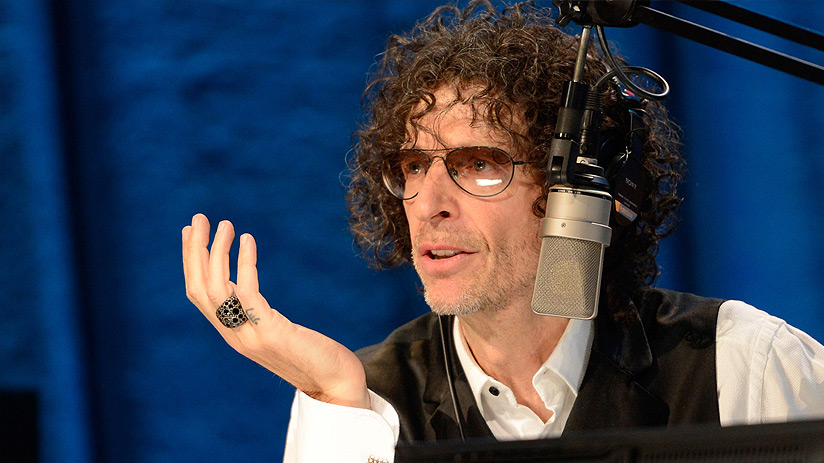I’ve always enjoyed listening to a really good interview on the TV or radio. The likes of Ira Glass (This American Life on NPR), Terry Gross (Fresh Air on NPR), Marc Maron (WTF podcast) and the self-proclaimed King of All Radio, Howard Stern (Sirius) are among my favourites. I often find myself as intrigued-if not more so-by the interviewers’ technique as I am by the guest. Perhaps this is an occupational hazard because I posit what makes these interviews so damn enjoyable is what also ups the game of a market researcher or management consultant – story telling.
The typical management consultant’s approach to telling the story of a market situation should entail some secondary research, a well-crafted set of qualitative questions with a small subset of customers, a quantitative questionnaire then a final deliverable. When done well, this deliverable reads as a punchy story with a distinct beginning, middle and actionable end.
This is NOT how interviewers in the media at the top of their craft operate. Yes, I know their purpose is to entertain and not inform critical business decisions but is there something we can learn from their approach that could bring deeper insights and ingenuity to our consulting approach?
In studying some of the greats’ approaches to an interview, I’ve picked up on some commonalities and some notable differences – giving me reason to pause and consider how I could meld some of their practices into my own.
First, there is the topic of how these hosts prepare for an upcoming interview. Household name interviewers surprisingly have different perspectives on the role that preparation plays in their approach. Larry King claims to seek blissful ignorance at the start of his interviews. A good friend once told him, “The secret of your success is your stupidity.” King does not read the books of the authors he interviews nor does he review reams of previous public appearances. He also doesn’t write questions ahead of time. He’s aware that he doesn’t know more than a scientist, a doctor, a politician and believes that no level of preparation will elevate him to anything other than a layman. His extremely basic questions (He once asked a diabetes specialist if he knew what the word diabetes meant. He did not.), combined with his intense curiosity, sense of pace, and ability to draw people out leads to interviews with substance and a storytelling panache.
Audie Cornish of NPR’s All Things Considered, on the other hand, prepares to neurotic levels with colour-coated question sets – those that must be asked those that are expendable. Unlike King, her shows are edited down to a bullion-shaped cube so she does not have the luxury to let a conversation wander, which in her mind necessitates this level of preparedness.
The other thing that stands out to me with my interviewer idols is the level of rapport and intimacy they are able to build with their guests. Aside from Howard Stern, who I will get to in a minute, perhaps there is no one better at creating intimacy on air than Ira Glass. If you are unfamiliar with his show, This American Life is a radio show that has a weekly theme and is told in “acts” or collections of essays, memoirs, or short fiction. Shows range from the tear-jerking experiences of refugees to laugh-out loud accounts of bench-pressing snowmen. Glass is able to bring each of these stories to life through exchanges with average people telling extraordinary tales. Glass responds with unadulterated emotion and true authenticity that makes the listener feel almost like a voyeur into an intimate conversation between friends; and hence, a memorable listening experience.
Howard Stern, however, sets the bar for creating on-air intimacy. He’ll exchange a blush-inducing anecdote so personal that his guests feel compelled to pony-up in turn. You can almost guarantee that Stern can get some story about a pop-singer’s absentee father or a movie star’s jealous husband through this soul-bearing, off-kilter, arrhythmic tit-for-tat-ism.
Aside from the long-form podcasts or satellite shows that have the luxury of meandering indulgently (ahem Marc Maron’s interview with cold-fish John C Riley which eventually focussed on his fascination with clowns), most of the interviews that we hear in the news or other daily media outlets have been pre-packaged for our listening or viewing pleasure. There is a skill to this too. Ira Glass claims to be “cutting the tape in his head” or selecting the sound bites he wants to use as he hears them. Another NPR favourite, RadioLab, is produced to epic proportions with sound and music effects that really drive the theme home.
So can market researchers and consultants benefit from operating more like a media figure? For starters, the minute we lose sight of the fact that we are storytellers is when we fail our clients and when we can guarantee that our deliverables end up on the shelf collecting the proverbial dust.
While I think it would be a hard sell to approach a customer interview with Larry King’s level of naivety, perhaps we should give ourselves permission to ask the silly question or indulge a hunch as opposed to sticking to the approved script . And while soul-bearing may not win us any points with, say, an orthopaedic surgeon, can we look for ways to build rapport during an interview that would otherwise seem as routine and impersonal as his 2pm hip replacement? As for production quality and editing, “cutting the tape in our head” is sure to yield well-placed customer quotes and a malleable interview approach will help us build the narrative as we go.
So while I don’t expect we’ll veer too far from PowerPoint as the Consultants-R-Us media of choice, I do urge those with a smart phone and an interest in interviewing skills to spend some time with these hosts and think of your own ways to bring something a bit extra to your next storytelling endeavour.


